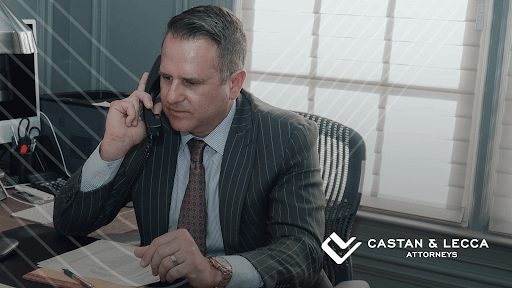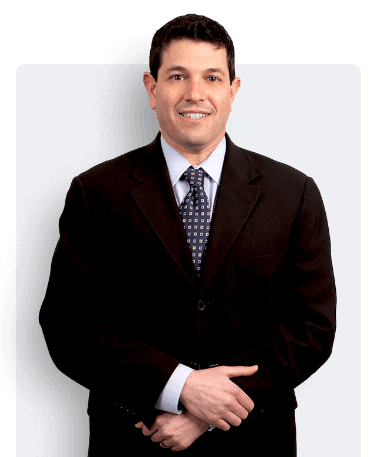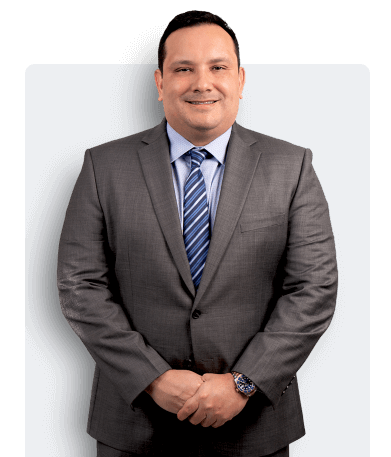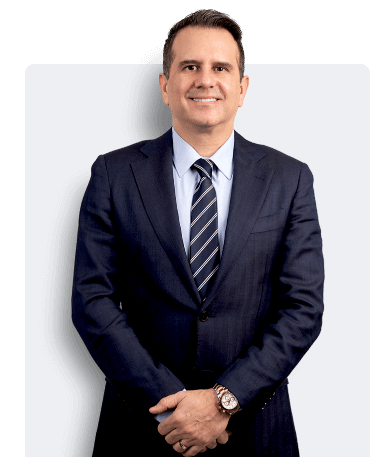
Creating a safe working environment is a priority for employers and employees; most companies have specific programs to prevent work-related injuries, but sometimes that’s not enough. If you get injured by performing any task at work, the first step should always be reporting it to your employer, preferably in writing, and the sooner you do it, the better. You’re not doing yourself or your employer any favors by pushing through pain or ignoring an injury.
Reporting an injury at work immediately should be obvious, but in many cases, employees fail to do so; even if you don’t require immediate medical attention, reporting the incident to your supervisor is essential and will prevent many potential issues. When an accident is not reported, your employer can deny medical treatment or will try to imply the injury happened outside of the workplace, causing problems with your workers’ comp benefits.
Failing to report an incident on time can cause several problems, not only with your employer but with your workers’ compensation insurance carrier or private health insurance.
Types of injuries sustained at the workplace
Most commonly, there are two types of injuries an employee can sustain at their workplace: an acute one, which refers to a sudden accident, fall, or strain, and an injury sustained over time, like carpal tunnel syndrome and repetitive use syndrome, among others.
No matter the type of injury, reporting it is essential since, under Georgia Law, the employee has 30 days to report it. So if the injury was acute, it should be reported immediately after. The 30-day period would begin to count for injuries sustained over time when the worker realizes they can’t perform their usual duties.
Workers’ compensation rights and responsibilities
According to Georgia Law, most, if not all, workers who suffered an injury at the workplace are eligible for some degree of benefits through the worker’s compensation system. These benefits can include reimbursement for medical treatment, rehabilitation support, loss of wages, and supplemental income. In the case of death, the worker’s dependents may also be eligible to claim certain benefits.
While finding an at-fault party is not typically a deciding factor in receiving workers comp benefits, workers should demonstrate a level of responsibility by following the process after sustaining an injury.
You should take these steps to protect your case:
Report the injury: Report the incident to your supervisor immediately and preferably in writing. Telling a coworker isn’t sufficient, also doing it promptly is vital. Waiting more than 30 days to report it can cause you to lose the opportunity to receive your benefits.
Get a list of approved doctors: Your employer should provide a list of approved doctors (sometimes known as a “panel of physicians”) you are allowed to see. If you need this list, ask your supervisor or the HR department.
If you have the approved doctor’s list and decide to go to your family doctor, your employer’s insurance company could use this as an argument to deny your worker’s comp benefits. If your employer doesn’t provide a list in a timely manner, go to your family doctor if required.
Get medical treatment: Schedule an appointment as soon as possible with one of the physicians and follow the treatment plan to the letter, including follow-up appointments, tests, and physical therapy if that’s the case. If you need emergency medical treatment, your employer worker’s comp insurance company must pay regardless.
File a claim with Georgia State Board of Workers’ Compensation: To protect your rights, file a claim with the State Board of Workers’ Compensation and send a copy to your employer and their workers’ comp insurance carrier. You can access it online or call the State Board directly.
Request a copy of the report and any notes filed on your case: Ask your employer for a copy of the report they must file to their insurance company and have all your medical records and files in order.
Update your employer on any changes: If your doctor gives you any restrictions to return to the job or excuses you from work, you need to keep your employer updated. All this information should be done in writing, and you should keep copies of your own. If your doctor excuses you from work indefinitely, check with your employer how to handle this situation and follow any agreement to the letter.
Ensure the insurer is informed of your injury: Most companies have a workers’ compensation insurance company that handles the claims for them; make sure the HR Department has reported your injury to them. It’s always good to check directly, so ask for the contact information of the agent handling your case.
Talk to an attorney: Last but not least, contact the trusted attorneys at Castan & Lecca if you believe you should file a workers’ compensation claim. We have handled countless cases, helped many workers get the benefits they deserve, and overcome any obstacles that may arise in the process.























